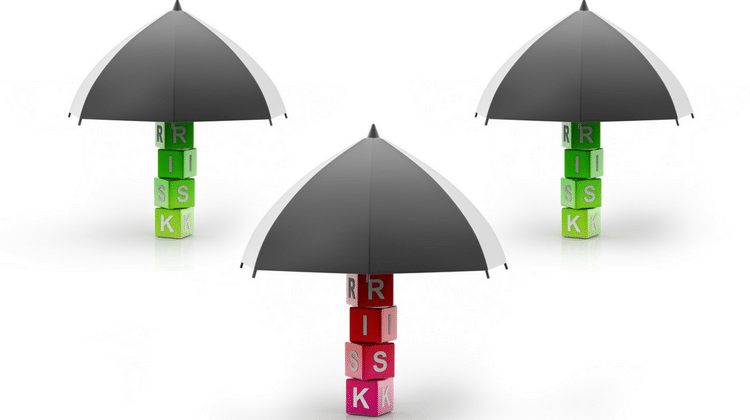
Are you planning to start a business? If so, it’s critical to understand how to assess business risks before committing to a new venture. Every business has associated risks. Successfully managing risks can reduce up to 90% of problems in business projects.
As a new entrepreneur, it can be challenging to understand what encompasses a business risk. Entrepreneurs need to develop a mindset of risk awareness because risk management is critical for any successful business venture.
1. Define the Risks
First, it’s important to understand what constitutes a risk. A risk is an event or condition that will impact business goals. Financial risk is one category of risk, but there are other types of risk that can impact a business. Risk is often incorrectly considered to be the same thing as uncertainty. Uncertainty cannot be measured or anticipated. Risks can be measured. They are measured by probability and impact.
The primary difference between risk and uncertainty is the probability of an occurrence. Uncertainty is a vague description of a complete unknown. Business risks have certain levels of probability. Effectively managing and avoiding risks requires knowing the probability that a risk will occur. It’s also important to understand the impact that a risk will have on business. Some risks may have a low probability, but a high impact. Entrepreneurs should be prepared to manage risks of varying probabilities and impacts.
2. Know Your Risk Tolerance
Attitudes toward risk will strongly impact how risks are managed. Individuals working with a business may have very different tolerances and beliefs about risk. This can make the issue of managing risks complicated. Risks can trigger very different responses in people. Tolerance for risk is determined by attitude.
Attitudes toward risk tolerance can be divided into three broad categories, risk-averse, risk-neutral, and risk-loving. These categories of risk tolerance influence business expectations. Individuals with a lower tolerance for risk tend to see more risks than those with a higher tolerance. It’s important to consider that people are often not rational about risks.
3. Prioritize Risk Management
Effective risk management can be especially challenging for entrepreneurs. Managing risks requires data inputs from across every area of business. Unfounded beliefs can often be mistaken for valid data.
Entrepreneurs may rely too heavily on intuition to respond to risks rather than using more concrete tools to map risks. New entrepreneurs can be especially prone to taking on unnecessary risks. Successful entrepreneurs are proactive in managing the probability and impact of business risks. They know that the image of a risk-taking entrepreneur is just hype.
About the Author
Hashaw Elkins is an IRF contractor for The Mitchell Firm and an editorial fellow for PASS, LLC, a global strategic consultancy. She holds a Master of Science degree in project management and a Bachelor of Science degree in international security and conflict resolution. She is also a Lean Six Sigma Black Belt.